
CARBON CASHBACK REBATES FOR ALL RESIDENTS . . . FOR YEARS TO COME
Hawaii’s Legislature was justifiably proud of providing to all residents a rebate this year that benefits low-income families in particular.
The Legislature will have the opportunity to do even more for Hawaii’s families in the upcoming session. The Carbon Cashback bill would provide a carbon rebate, or cashback, to all residents. The rebate would continue for at least a decade and increase annually. Perhaps more importantly, the bill would help transition Hawaii’s economy toward a 100% clean, renewable energy future.
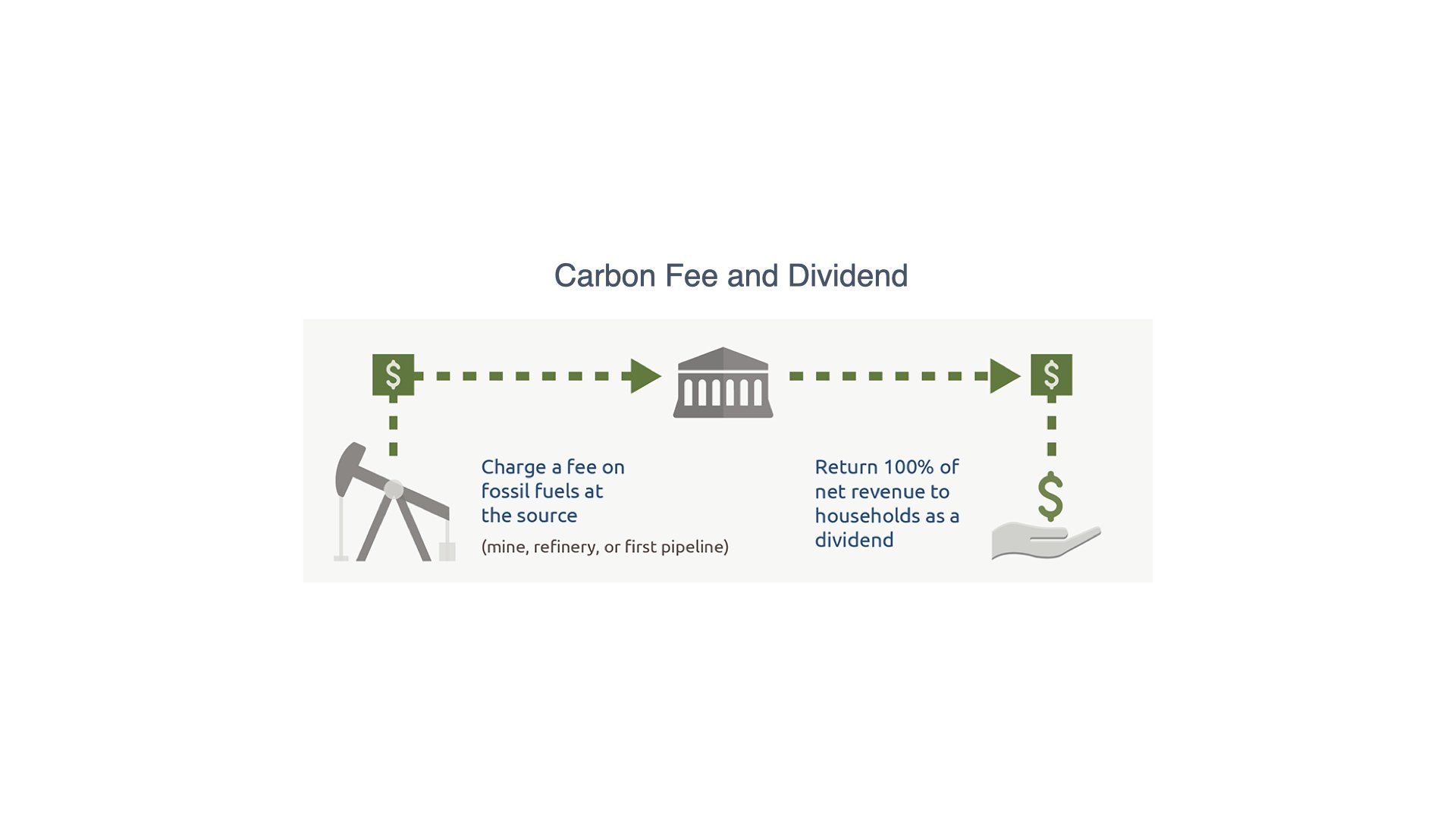

We Must Strive for Sustainable, Reliable, and Equitable Clean Energy
Hawaii needs affordable renewable energy that is both sustainable and reliable (available 24x7). When done correctly, we can achieve this without relying on tree-burning and fossil-fuel-burning power plants that are harmful to our planet and costly to humanity.
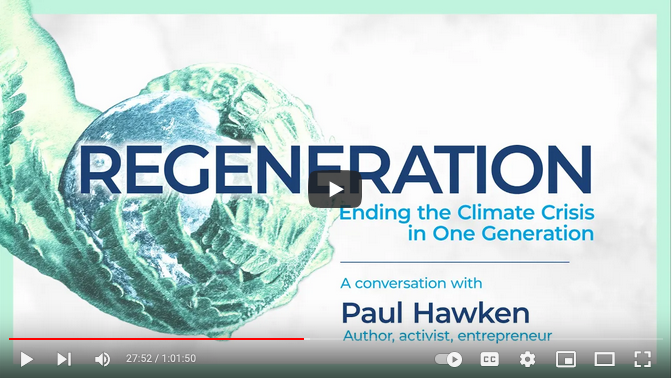
Paul Hawken on Climate Action
Author and activist Paul Hawken joined the UH Hawaii Book and Music Festival Better Tomorrow Speaker Series on October 12, 2022.
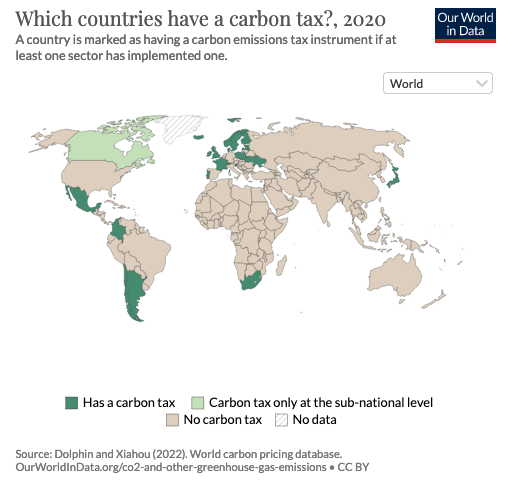
Carbon pricing across the globe
A price on carbon pollution allows us to realize the full cost of fossil fuels. It allows the true cost of fossil fuel combustion to be reflected in their price. This encourages less fossil fuel-intensive products and services, investment in solutions like renewable energy and energy efficiency, and the transition away from fossil fuels.

Carbon Storage in Nature
Effective climate action takes into account reducing global warming emissions, carbon sequestration (capturing and storing legacy CO2), and adaptation (ensuring that communities and economic systems withstand and survive inevitable climate change consequences).
An understanding of nature’s carbon storage solutions allows us to reduce emissions and optimize our ability to sequester carbon that is already in the atmosphere.
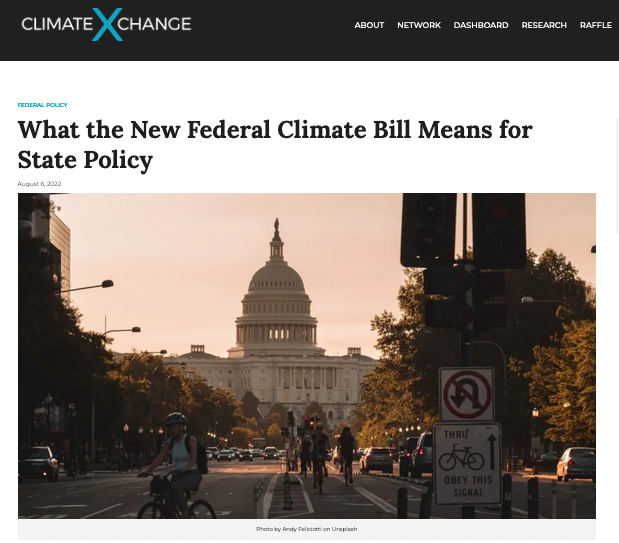
IRA State-Level Impacts
Wondering about the impacts of the IRA?
There is so much to unpack in the Inflation Reduction Act, that we can expect details to become apparent in the weeks and months to come. This is especially true for implementation details and implications to local governments.
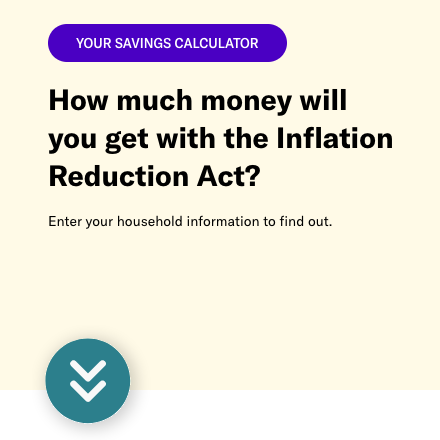
IRA and Electricity
The Inflation Reduction Act (IRA) includes countless provisions, and it will take weeks, maybe months, to realize the various benefits and impacts fully. Many organizations have not wasted time in understanding the impact. Rewiring America is one such organization. It has created a calculator to estimate the impact of the IRA on household energy bills. Check it out!
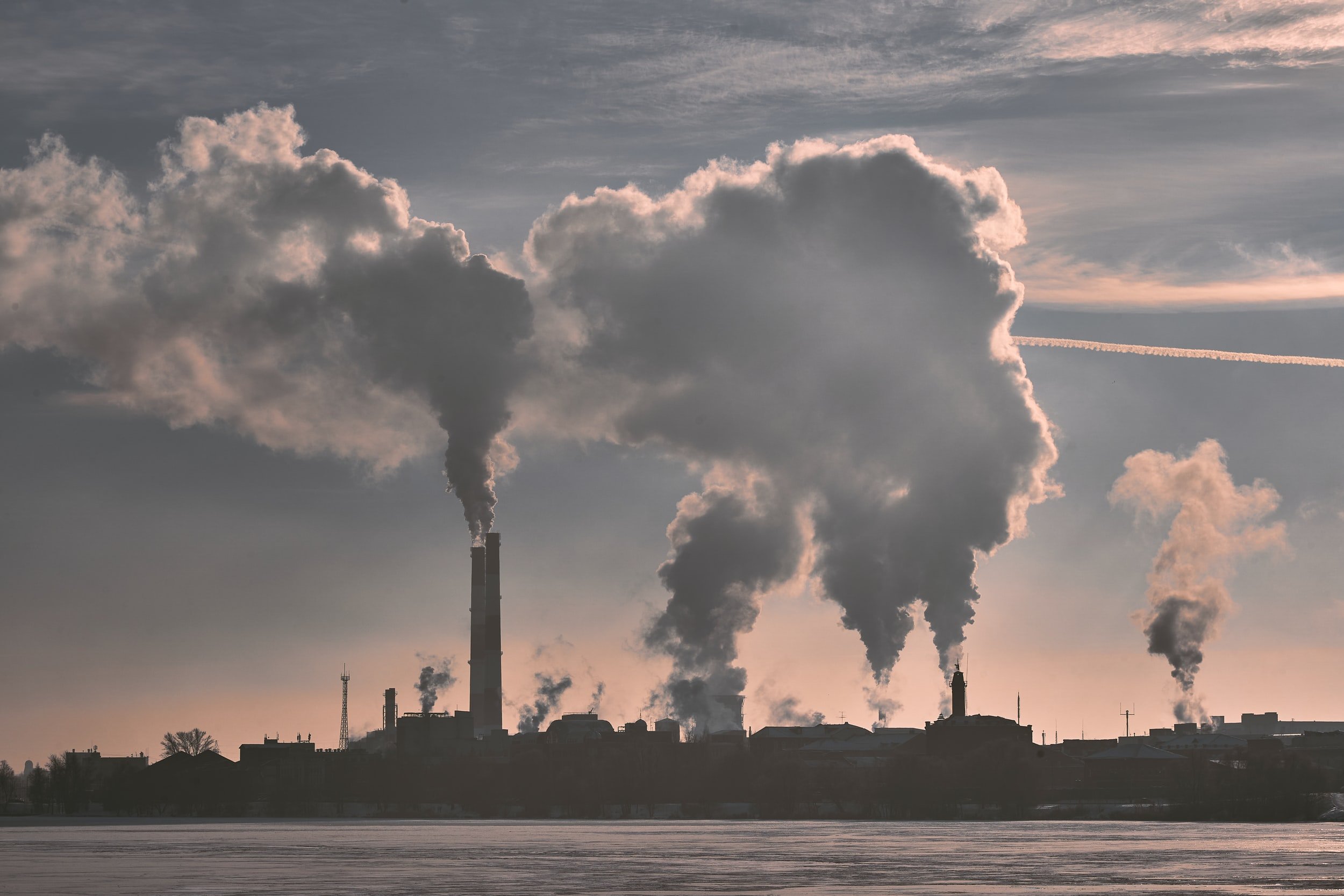
A club that will be all the rage… (nations with a price on carbon)
Check out the latest on carbon pricing on the global stage in this article from the World Economic Forum. A price on carbon pollution is one of the most effective tools for cutting global warming emissions. Across the globe, a number of countries have implemented or are attempting to implement pricing as a means to effect necessary, economy-wide behavior changes that will encourage a shift to low carbon solutions. They represent a distinguished group of countries that are leading in efforts to mitigate climate change.
More must join this club, including countries that are the heaviest polluters.

CCL on the SCOTUS Decision on WV vs EPA
Reducing greenhouse gas emissions like carbon dioxide is critical to avoiding the worst impacts of climate change. The dissenting opinion by Justice Kagan notes that some of those impacts include “increases in heat-related deaths,” “coastal inundation and erosion,” “more frequent and intense hurricanes, floods, and other extreme weather events,” “drought,” “destruction of ecosystems,” and “potentially significant disruptions of food production.” By limiting the EPA’s authority in this way, the Court has cut off one major pathway for the federal government to address the root cause of those threats.
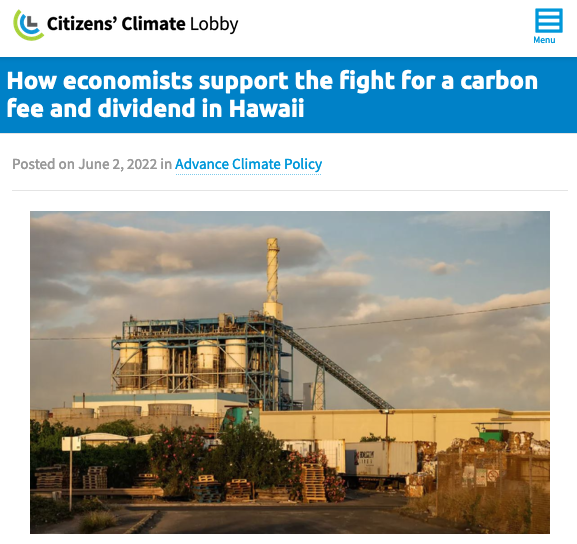
“How economists support the fight for a carbon fee and dividend in Hawaii” (CCL)
CCL’s Jonathan Marshall recently wrote about efforts in Hawaii to introduce Carbon Cashback, a carbon fee and dividend policy. It highlighted the grassroots effort the encourage passage of the bill and the University of Hawaii study designed to establish the impact of the policy on Hawaii’s economy, emissions, and households.

Climate Change is Too Costly to Ignore
From rising inflation to soaring prices for home and flood insurance to the cost of recovery after unprecedented storms, wildfires, and flooding, climate change is increasingly creating a financial burden for Americans.
Hawaii residents are increasingly feeling the pain of rising household costs caused by America’s reliance on carbon-emitting energy, the interests of international oil producers, and climate change-exacerbated disasters. The Ukrainian war has exacerbated oil prices globally and this is impacting gas and electricity prices across Hawaii.

‘Carbon Cashback’ Bill, Or Just Another Tax? - A Rebuttal
A recent Civil Beat commentary by Brian Barbata expressed his opposition to H.B. 2278, a carbon fee and dividend bill. It was, unfortunately, replete with inaccuracies. To ensure Mr. Barbata and, importantly, readers have a complete understanding of the bill, I’m offering the following rebuttal of the misconceptions raised and inaccuracies in the commentary.

Senator Wakai holds the key to Carbon Cashback
A price on carbon pollution will create the incentive to reduce our consumption of fossil fuel, increase demand for more sustainable energy and transportation, and reduce Hawaii’s carbon emissions.

Carbon Cashback - effective climate policy
Hawaii’s legislators have the opportunity to pass a bill that promises to help us reduce carbon emissions in a manner that is efficient and progressive. The carbon pricing bill - HB2278 is designed to establish a “refundable income tax credit to mitigate the effect of a carbon emissions tax on taxpayers. Amends the environmental response, energy, and food security tax to address carbon emissions.”

Carbon Sequestration: Reducing the Earth's Carbon Footprint through Biodiversity
Reducing the Earth's rising carbon outputs is essential to ensure a safe and healthy future for our keiki and the world they will inhabit for generations to come. The CCL’s mission of reducing emissions through an economy-wide carbon tax is an important step towards achieving our goal of net zero carbon emissions by 2050. However, achieving this goal requires a multi-pronged approach and one vital solution is Land-Based Climate Mitigation - a strategy that focuses on preservation and protection of existing ecosystems.

2021 - A year of persistence and dedication…
Here’s a video recap of CCL Hawaii’s activities and successes in 2021. The year was punctuated with action - chapter meetings, engagement with our Members of Congress (MOC) and their staff, calls, letters, Letters to the Editor, op-eds, presentations, talk shows, and collaborations with other climate and environmental groups.

Get paid while solving climate change…
An effective way to cut emissions is to introduce a progressively increasing price on carbon (yes, you can call it a tax on carbon pollution). When paired with dividends (revenue returned to individuals and households), the policy becomes progressive and just - it allows households, particularly low - middle income, to adapt to the expected increase in prices for high carbon intensity products.

Leis of appreciation
By co-sponsoring the Energy Innovation and Carbon Dividend Act (H.R. 2307), Rep. Kai Kahele is supporting a liveable world for all. As a symbol of our gratitude, Citizens' Climate Lobby Hawai'i made a special lei for the Congressman and his Senior Policy Advisor, Dave Chun.

Climate Action in the Infrastructure Bill
On Monday 11/15, President Biden signed the bipartisan infrastructure bill into law. It includes more money for climate change than any legislation in American history. It includes many investments needed to address the impacts of climate change and move us to a net zero economy.

